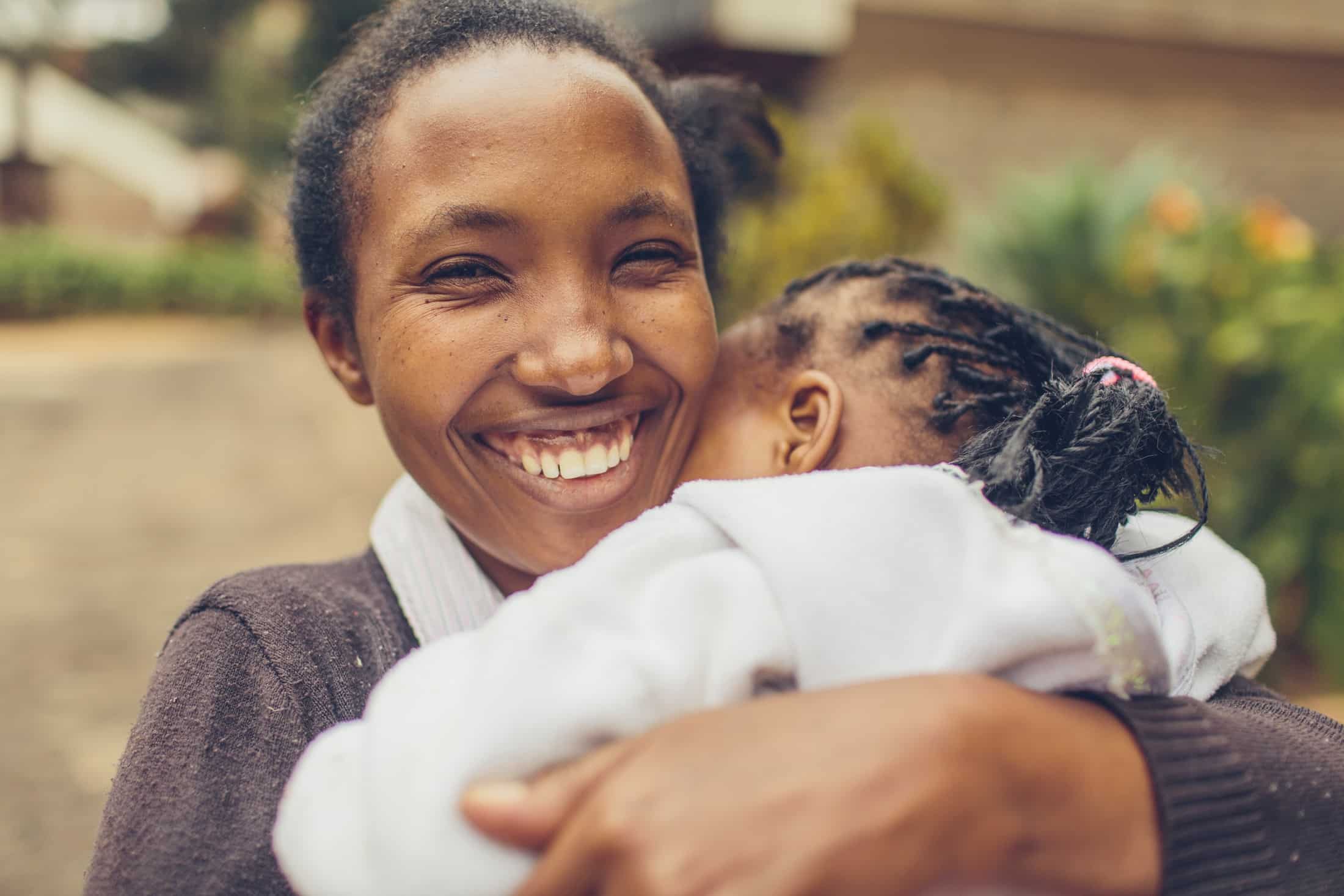Location: Africa
-
University Internship for EdTech with Gashora Girls Academy, TEC, and CYD
Virtual Internship Opportunity for Undergraduate Students During the summer of 2021, Team4Tech partnered with Middlebury College, University of California at Davis, and Dartmouth College to provide a unique and impactful virtual summer internship for students interested in ed tech. The internship cohort included 15 students who worked with three of our nonprofit partners: the Gashora…
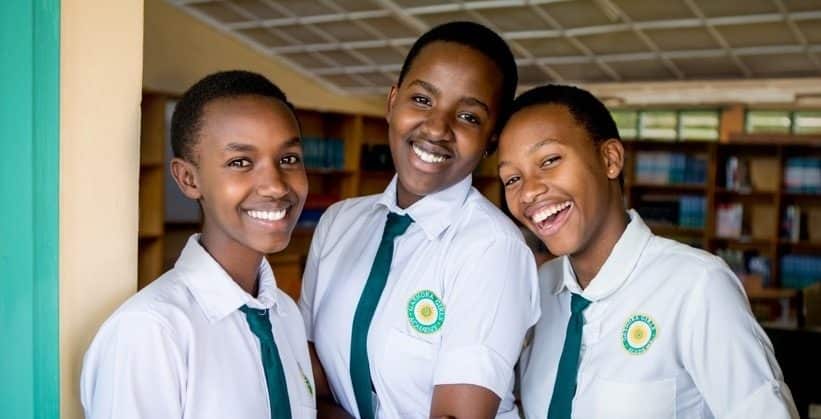
-
Supporting Digital Reading in Ghana with Worldreader
Worldreader Addresses Child Literacy Rates 53 percent of children in low- and middle-income countries cannot read and understand a simple story by the end of primary school. The Covid-19 pandemic has further worsened educational inequalities worldwide. Worldreader is a nonprofit organization that brings high-quality, affordable digital learning to children and youth in under-resourced communities. Team4Tech…
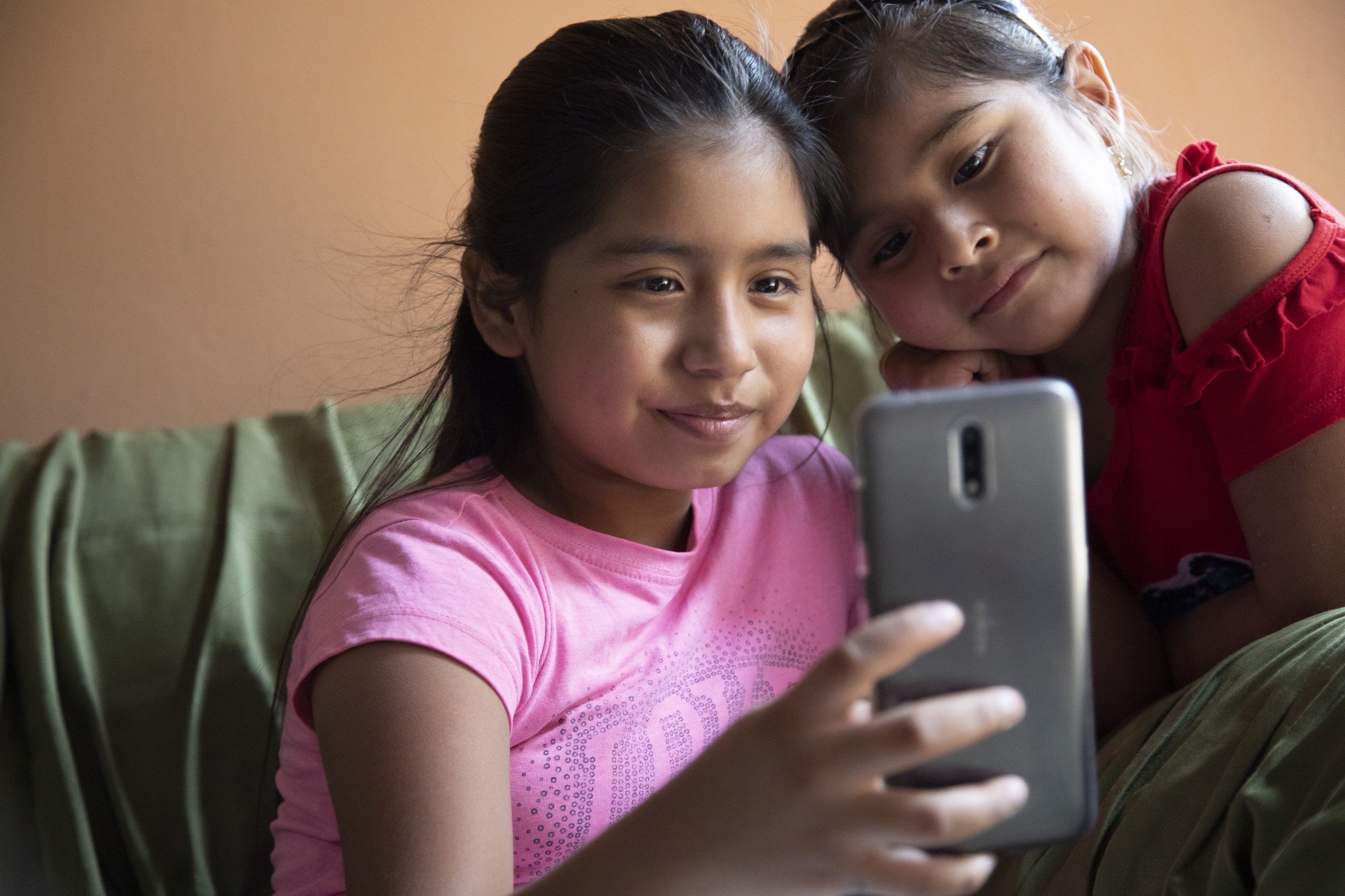
-
Impacting Access to STEM for Women in Uganda with WITU
Employment for Women and Girls in Uganda Over 60% of the population in Uganda is below the age of 30, and 74% of Ugandans between the ages of 15-25 are unemployed. The majority of them are young women who have either dropped out of school or did not acquire quality education due to poverty. Even…
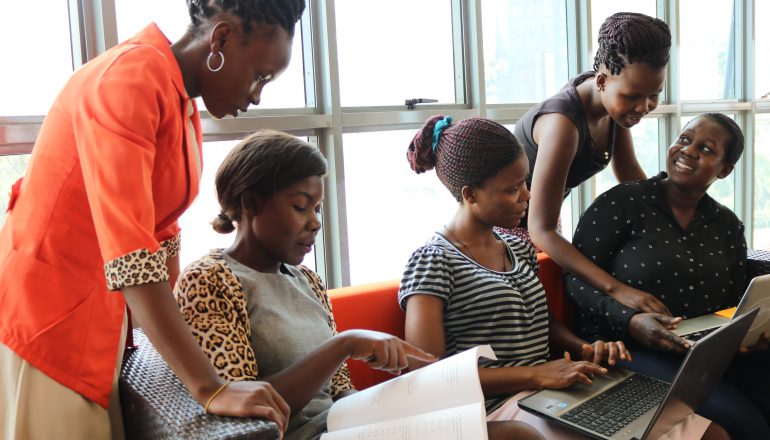
-
Teacher Training in Uganda with The African SOUP
Supporting Primary Level Digital Education Ugandan primary school attendance has grown due to a universal primary education policy. However, the quality of teaching and learning needs significant improvement. Teacher training in Uganda lacks support. Many children do not complete their schooling nor have the competencies needed to do well in life. Only 1 in 4…
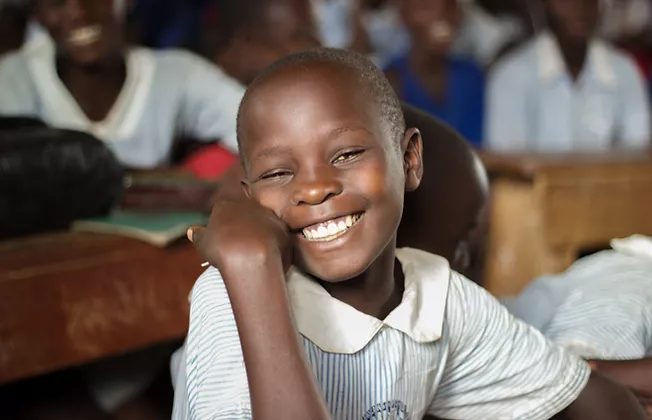
-
Impacting Digital Literacy in Tanzania with Tanzania Education Corporation
Education Access and Digital Literacy in Tanzania In Tanzania, only 30% of youth 14–17 years enroll in secondary education. Past that, only 3% enroll in the final two years of schooling. Less than 10% of primary school children achieve foundational learning outcomes such as literacy, numeracy, and life skills needed for further education. Because of…
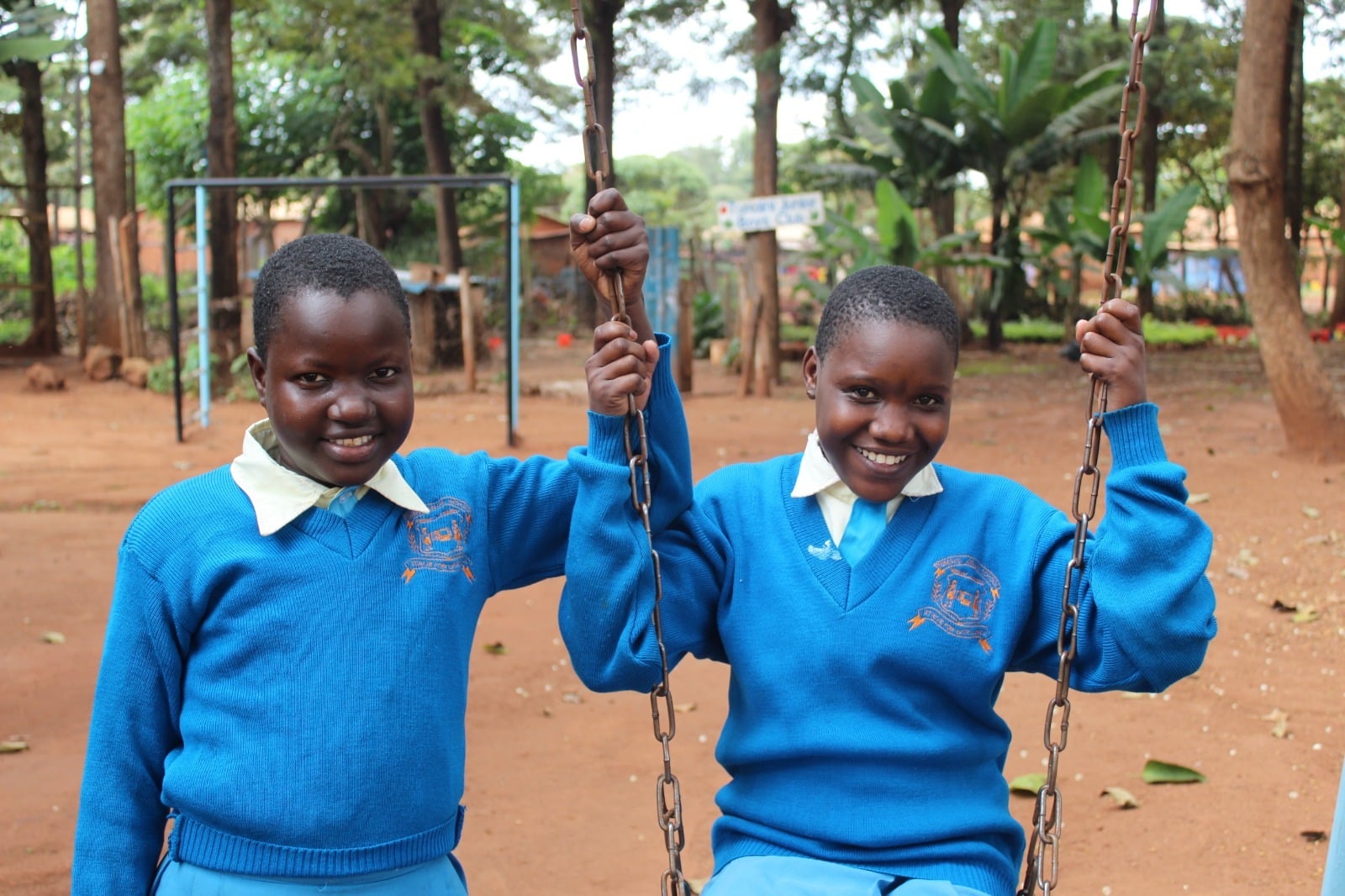
-
Educator Support in Uganda with Inspiring Teachers
Teachers in Uganda Lack the Resources to Thrive Millions of teachers in low-resource contexts aren’t getting the support they need to succeed in their classrooms. Without educator support in Uganda, teachers struggle and as they lose motivation, their students fall behind. Before the pandemic, 190 million children were in school, but on track to leave…
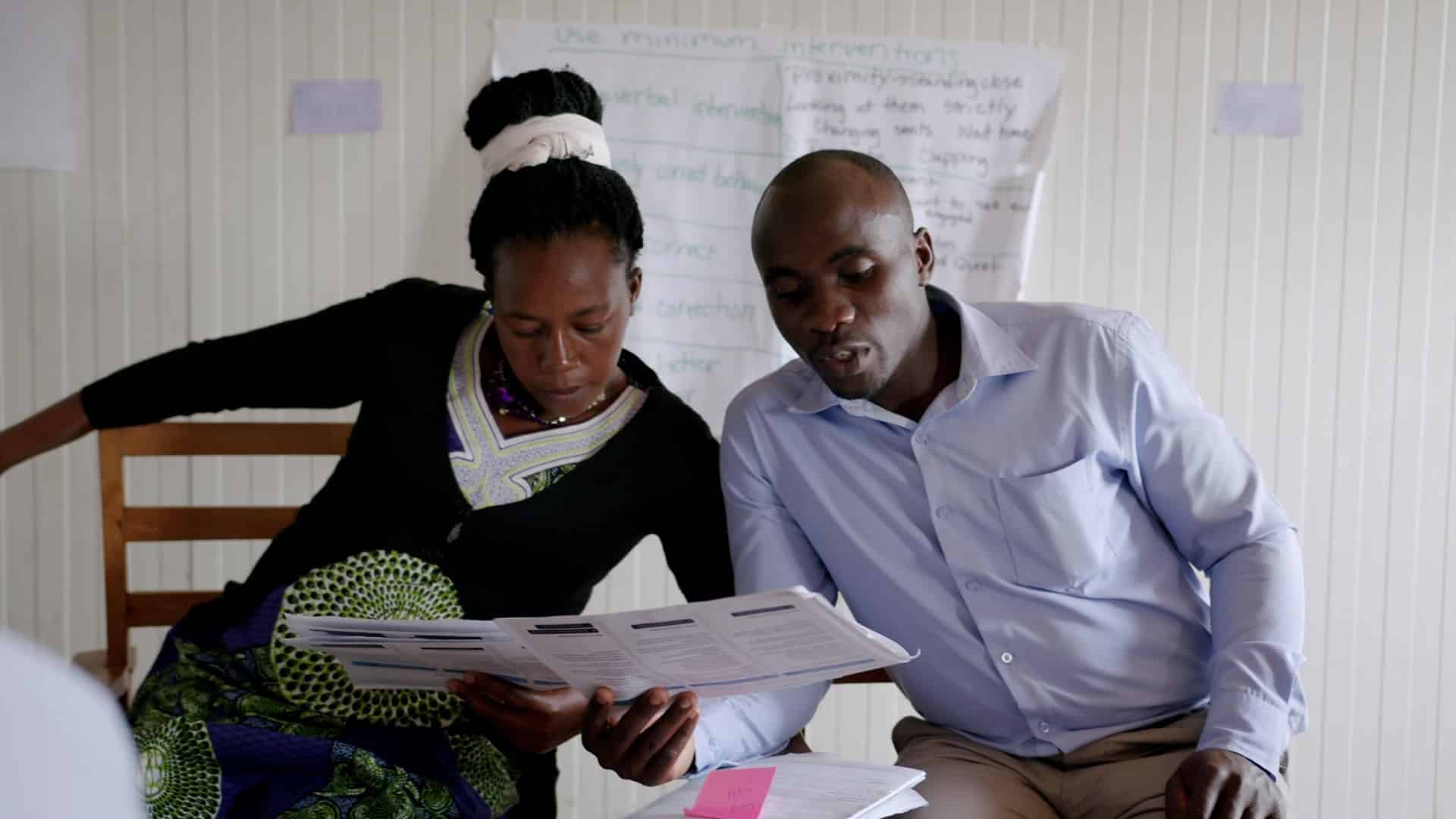
-
Digital Literacy in Liberia with EDUCARE
School Closures and Education Access in Liberia The Liberian education system is emerging from long-standing impacts from the war. More recent school closures due to the Ebola Viral Disease (EVD) oubreak and COVID-19 pandemic continue to take a toll on the fragile education system. Only 54% of children complete primary education. For those children who…
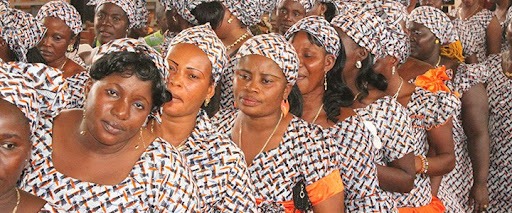
-
STEM Education in Malawi with the Centre for Youth and Development
Digital Education Gap in Malawi According to the World Bank Human Capital project, a child born today in Malawi will be only 41 percent as productive as they could potentially be if they enjoyed complete and quality education and full health. Children in Malawi can expect to complete about nine years of schooling by age…
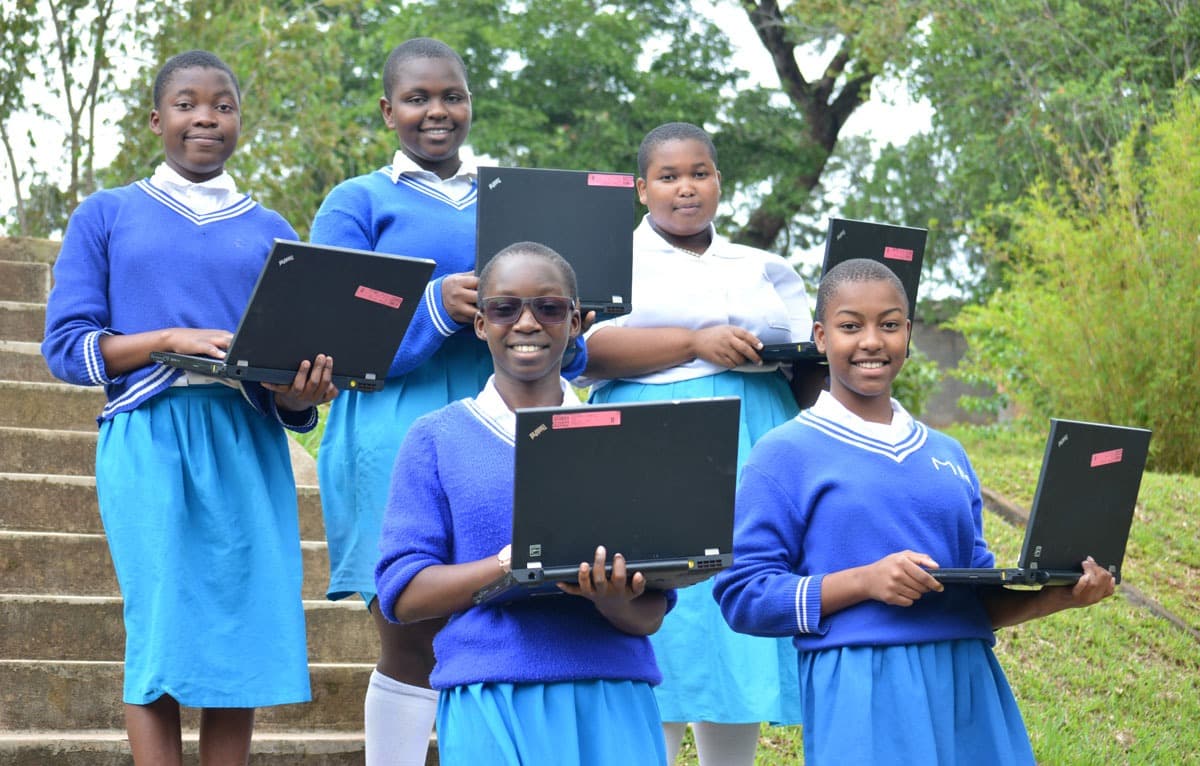
-
Education Access in Uganda with the S.O.U.L. Foundation
Lack of Education Access in Uganda Uganda is one of the youngest countries globally, with 78% of the population under the age of 30. Less than 10% complete secondary school. In districts where the S.O.U.L. Foundation works near the industrial hub of Jinga, there is potential for meaningful employment. Still, most youth will continue to…
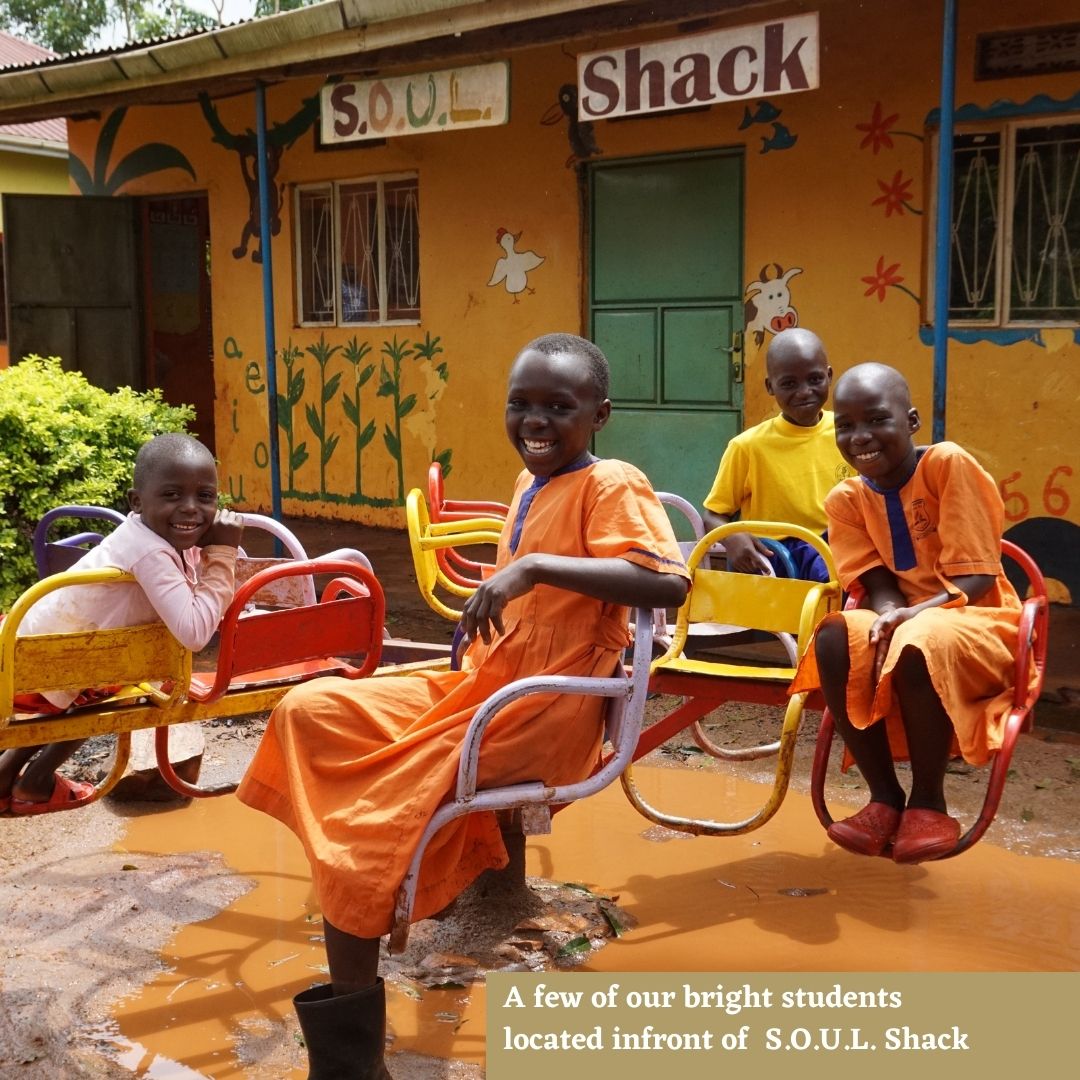
-
Digital Skills for Refugee Girls with RefuSHE
Refugees in Nairobi Lack Supportive Resources More than 80,000 asylum seekers and refugees live in Nairobi, Kenya, mainly from Somalia, South Sudan, the Democratic Republic of the Congo, and Ethiopia. Among the most vulnerable of Nairobi’s refugee population are unaccompanied refugee girls and young women. Many fall victim to gender-based violence and early marriage. With little to…
